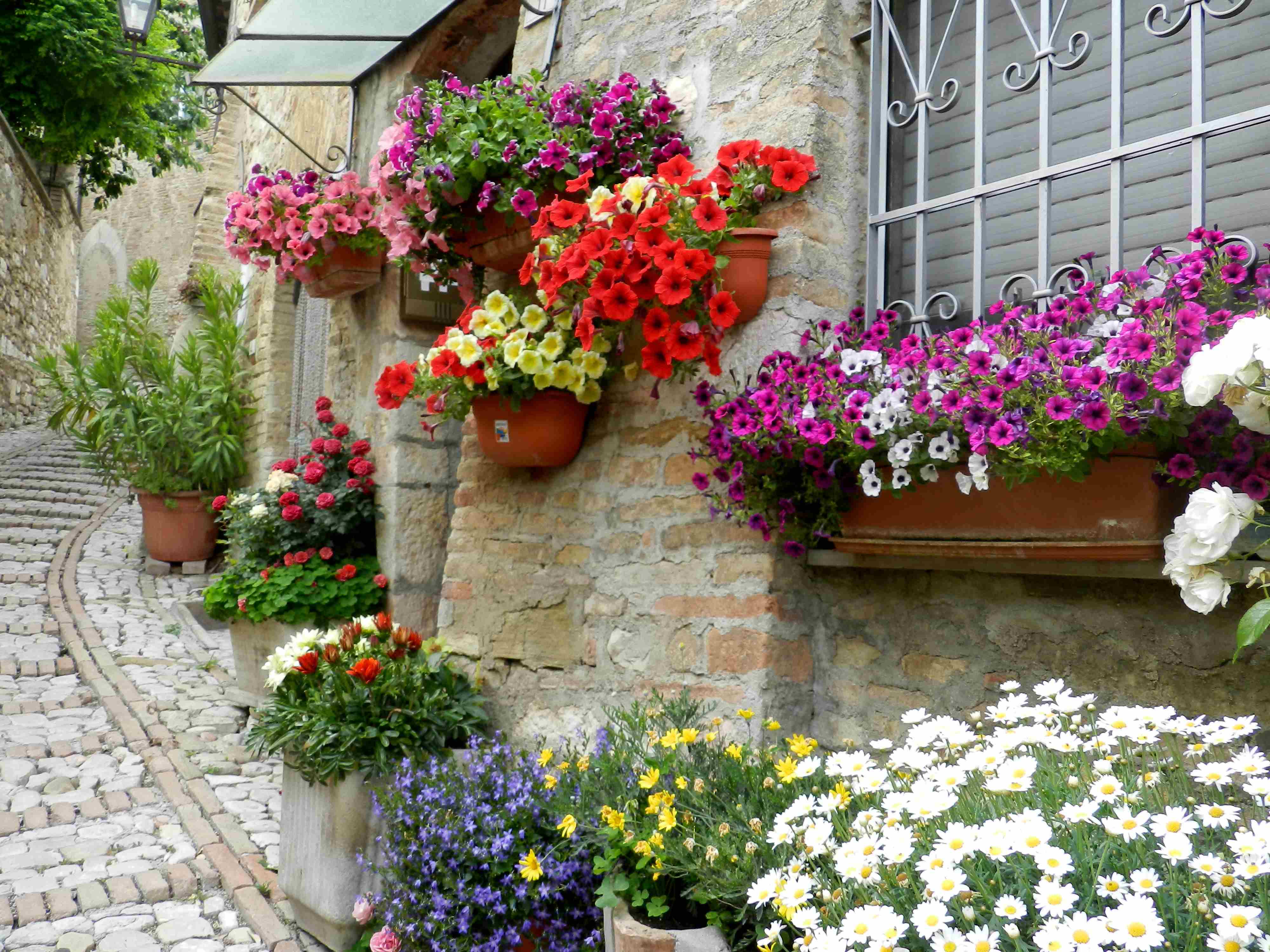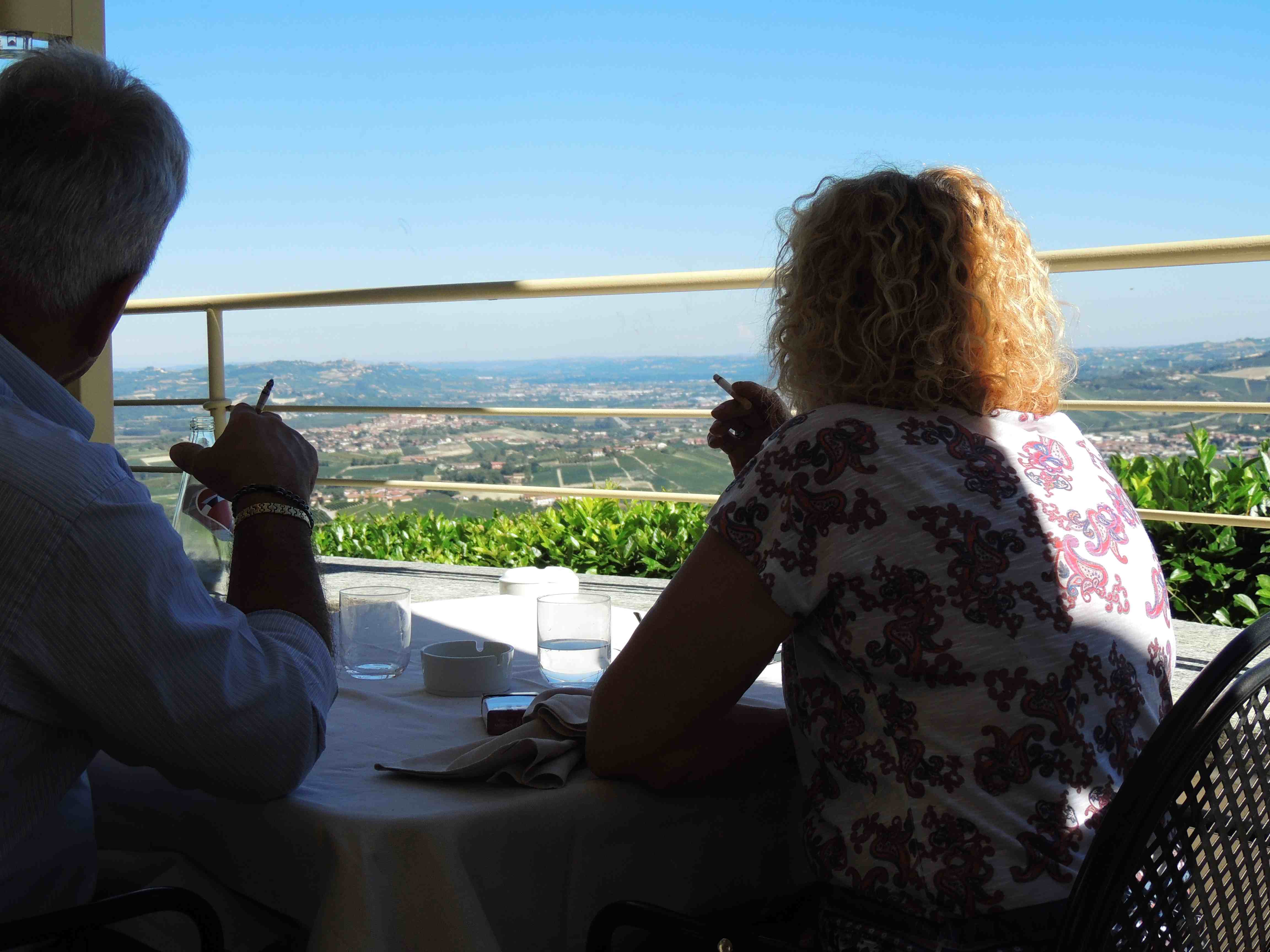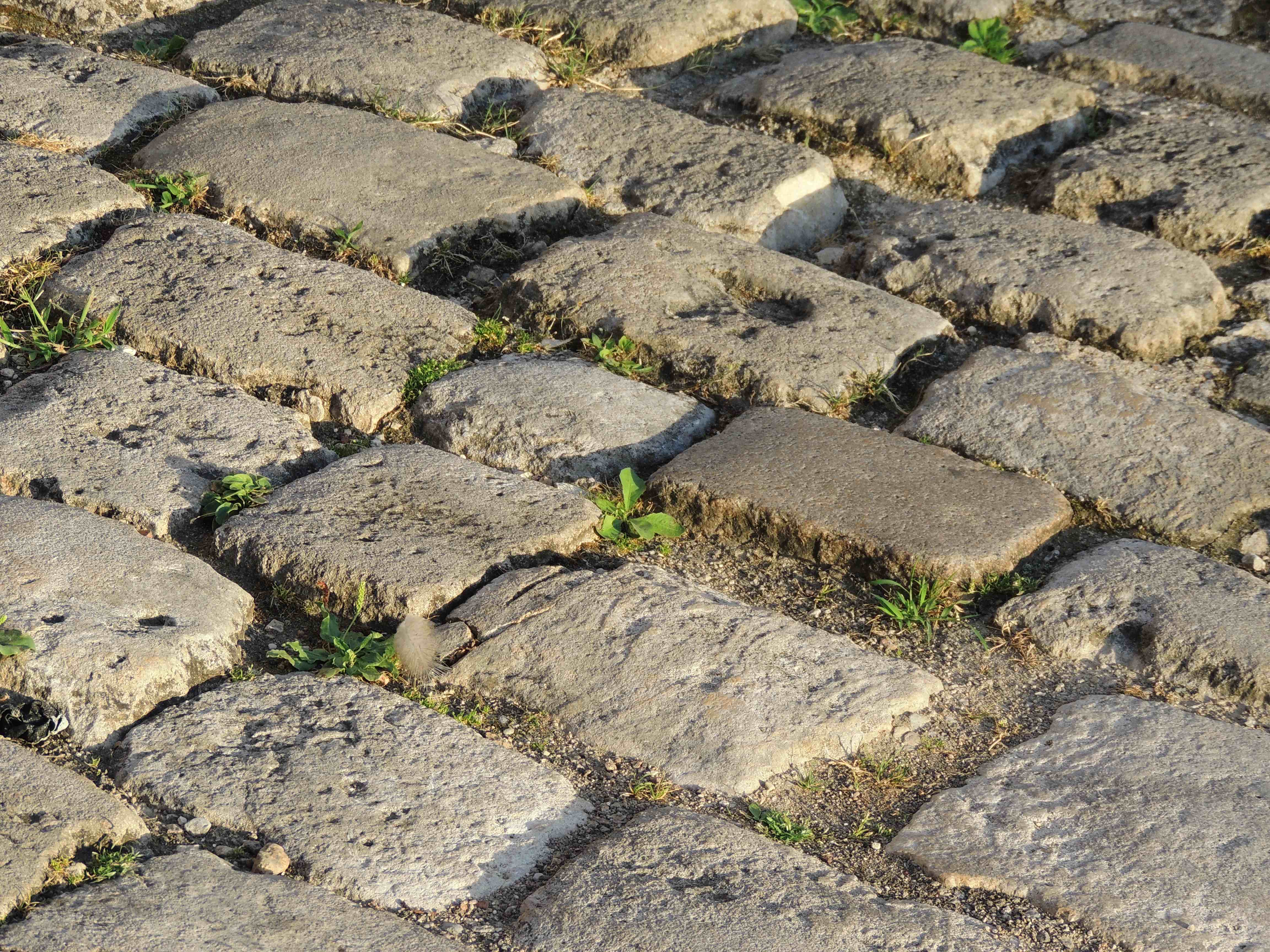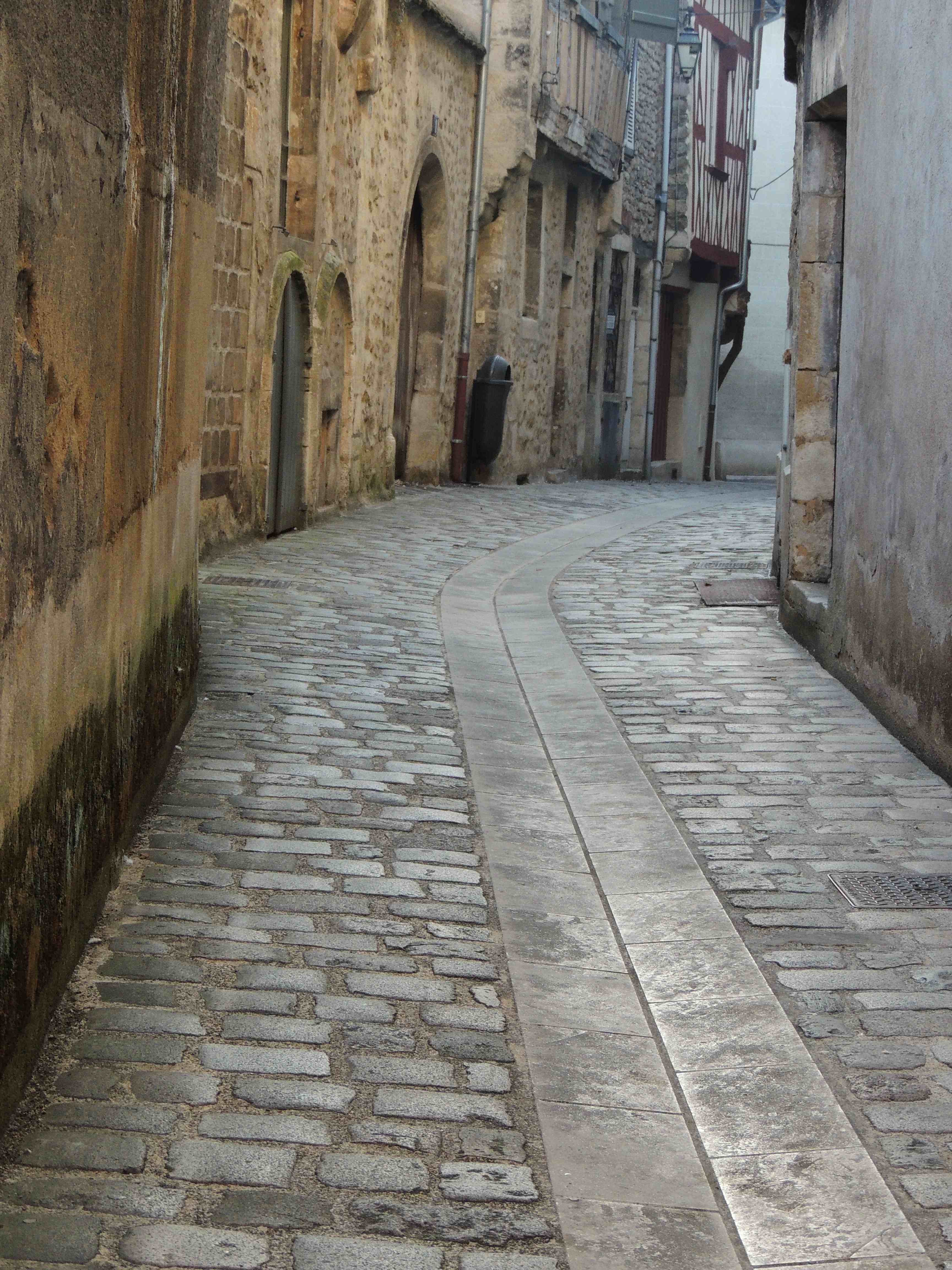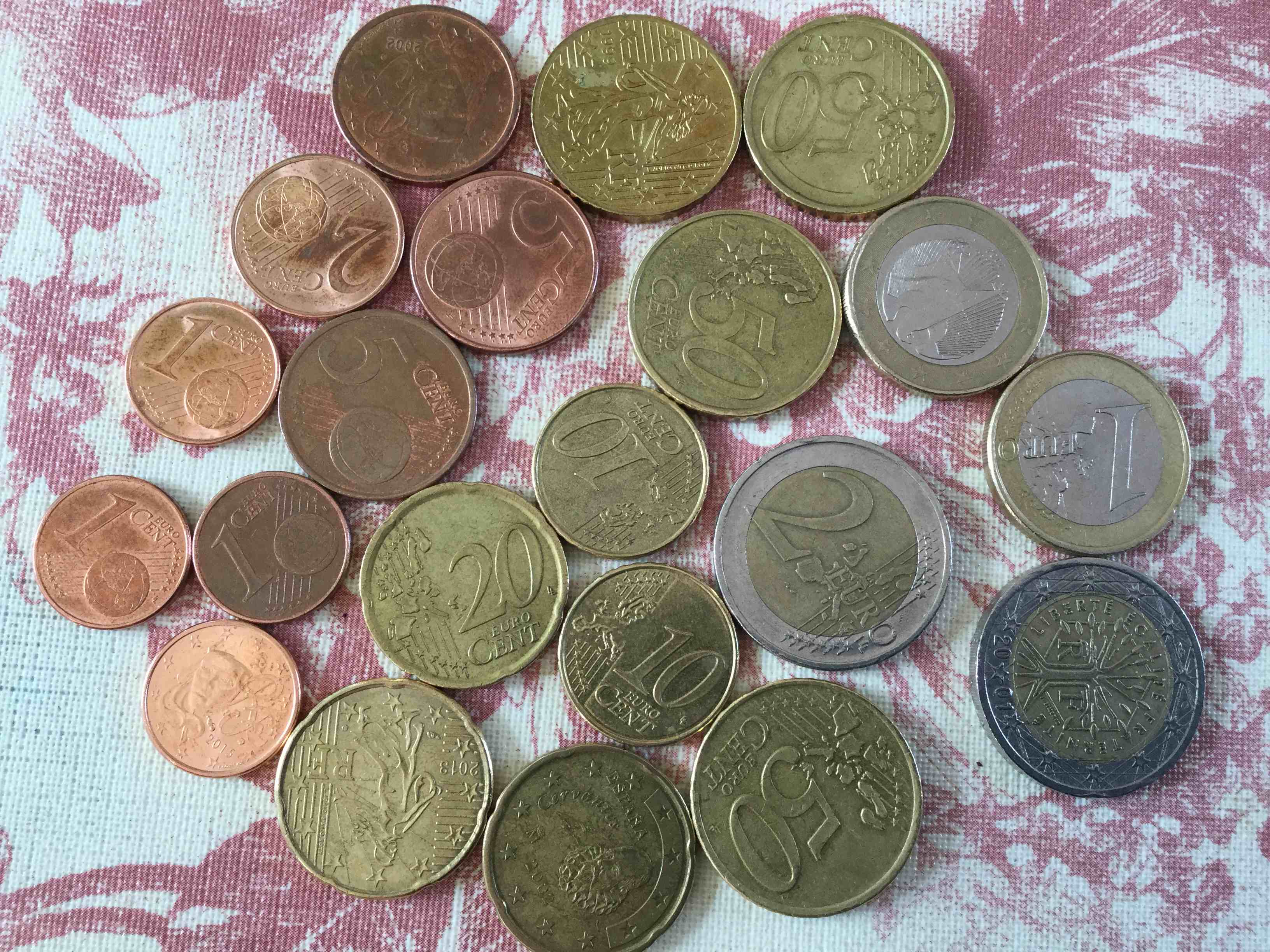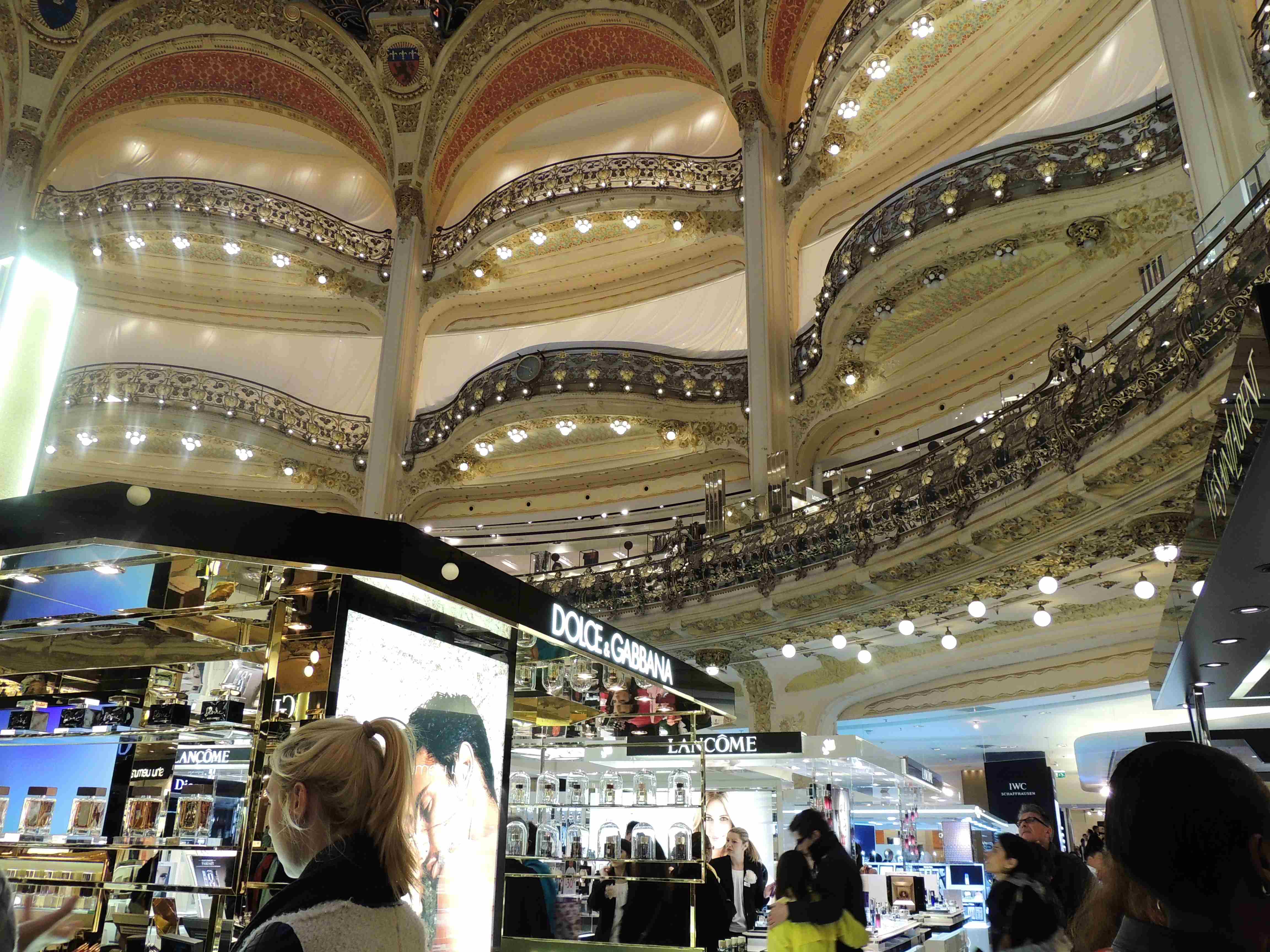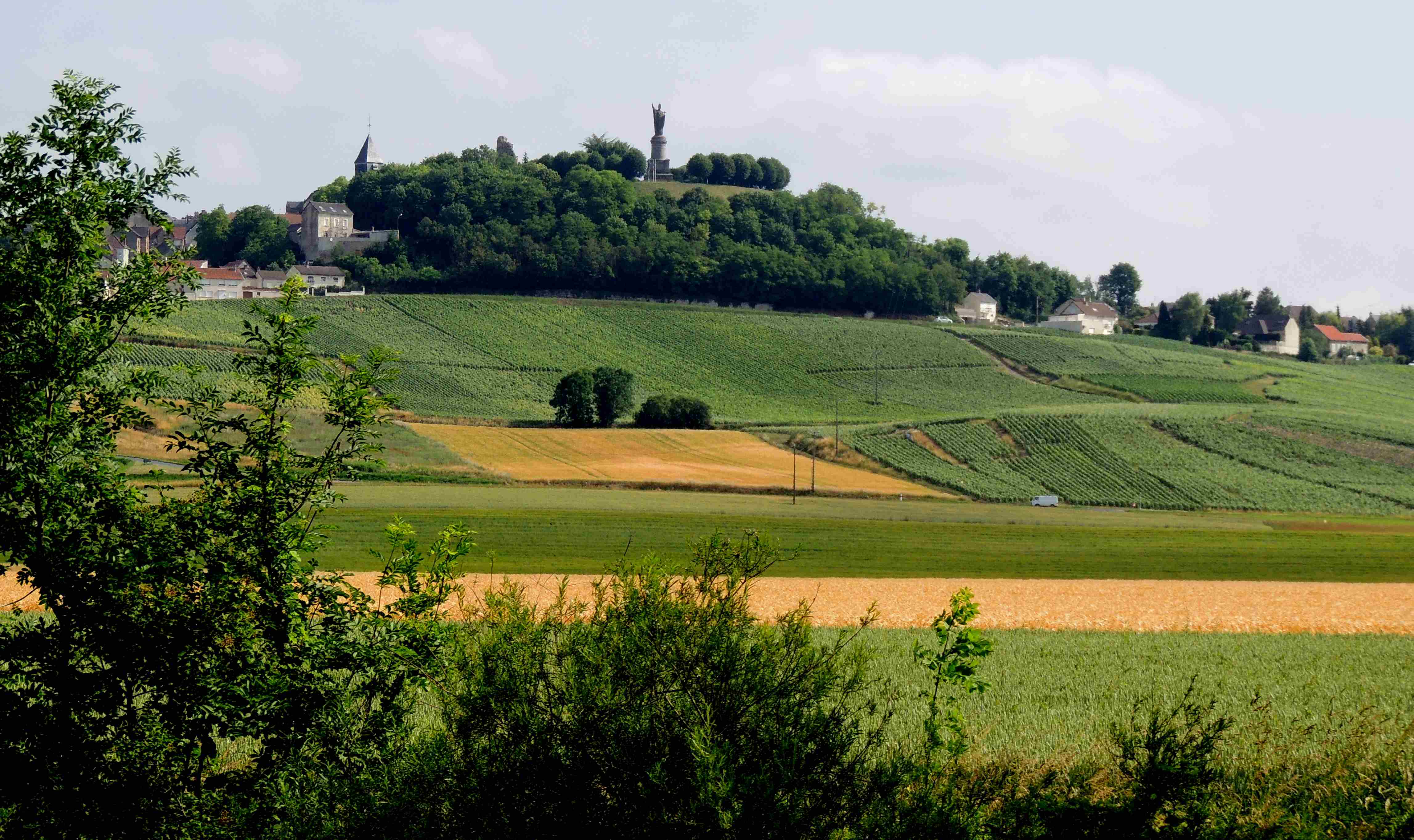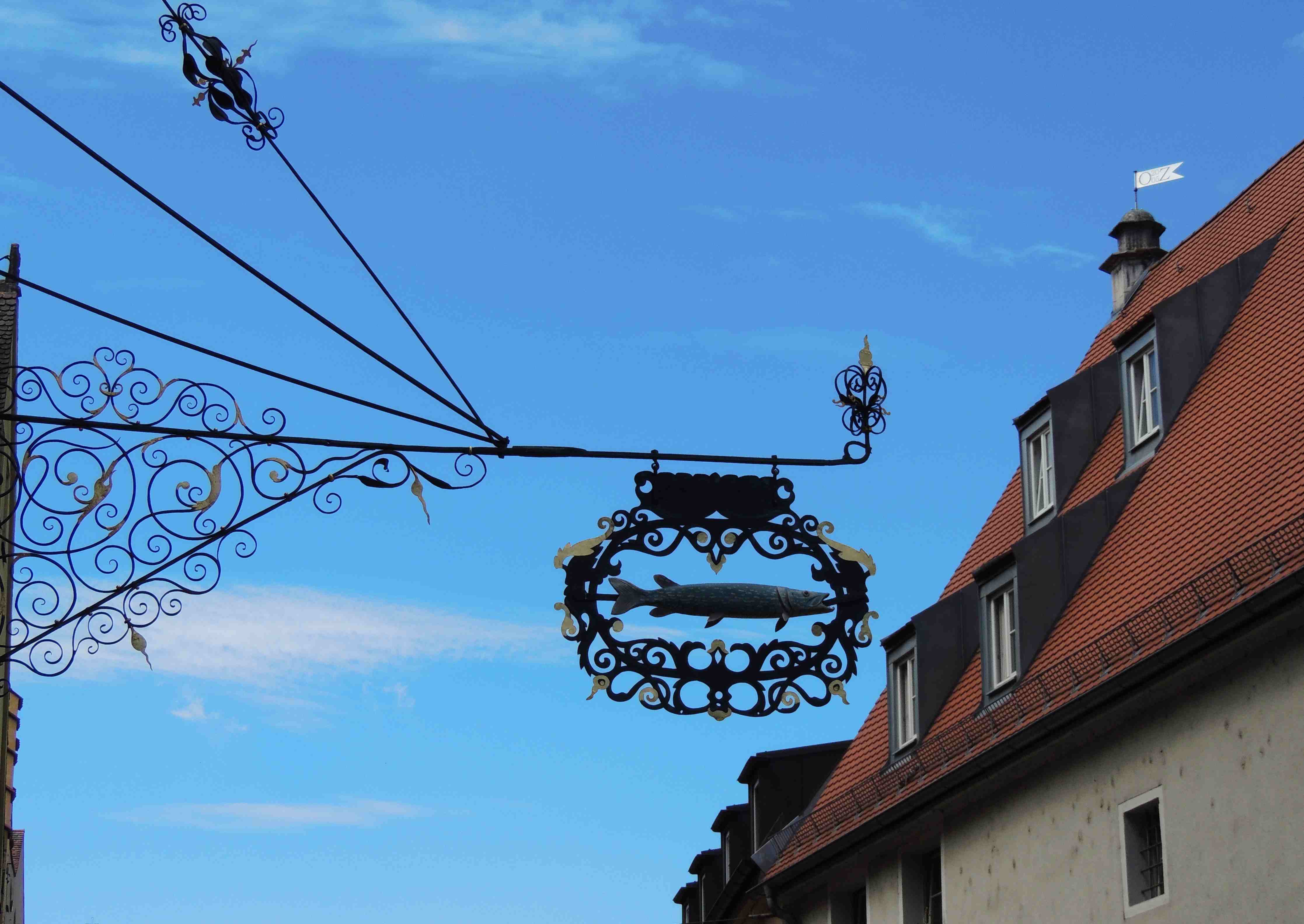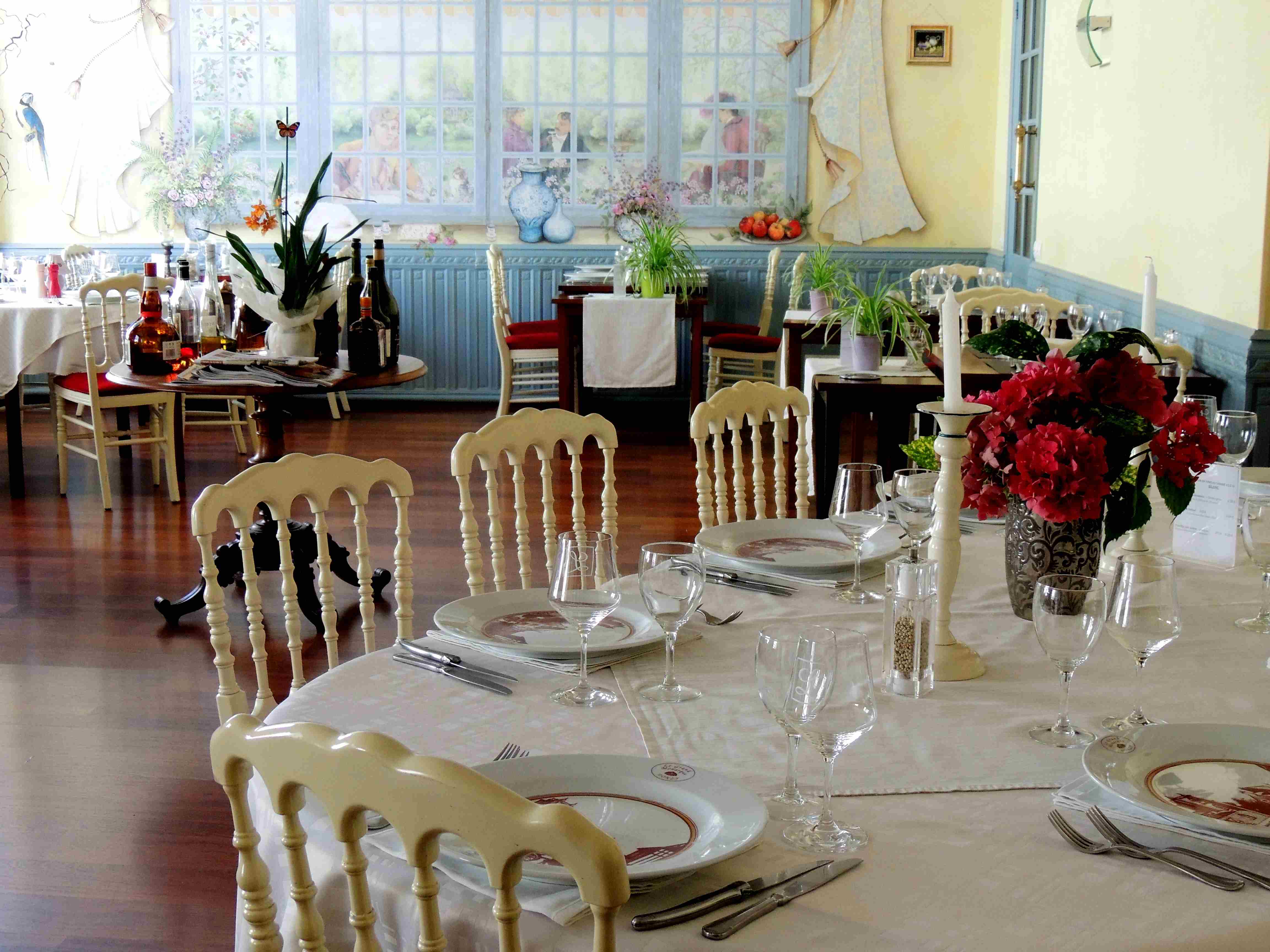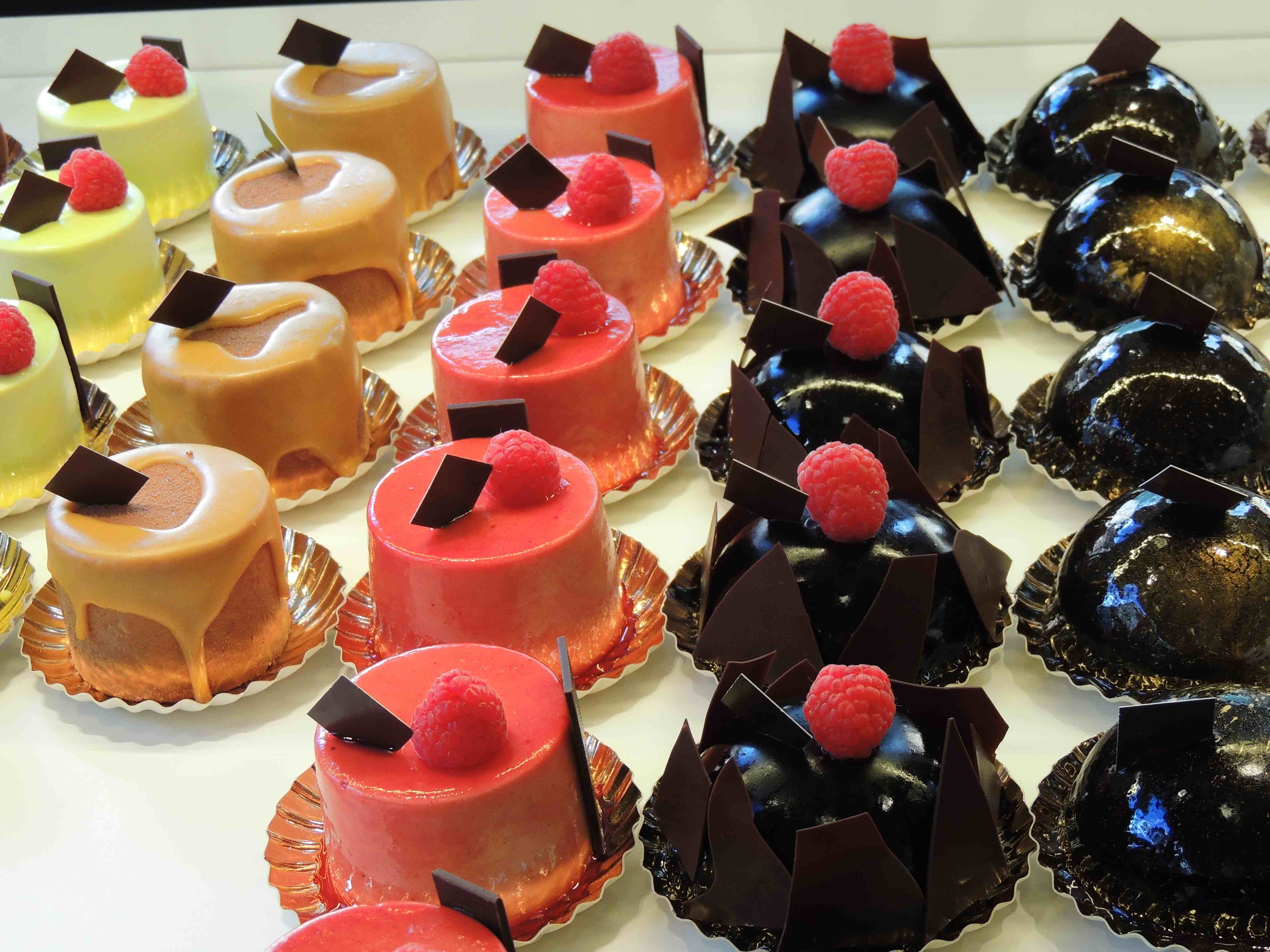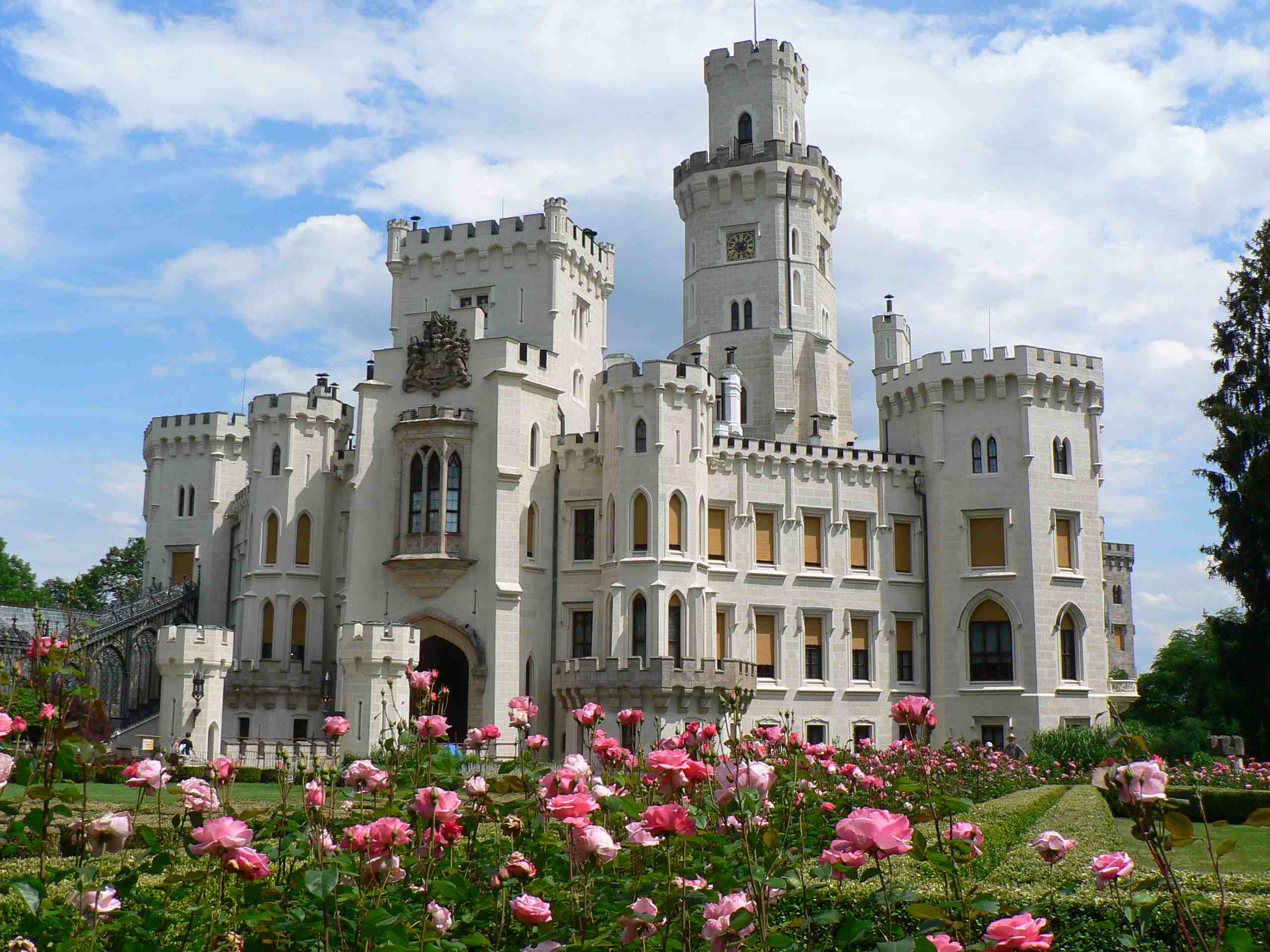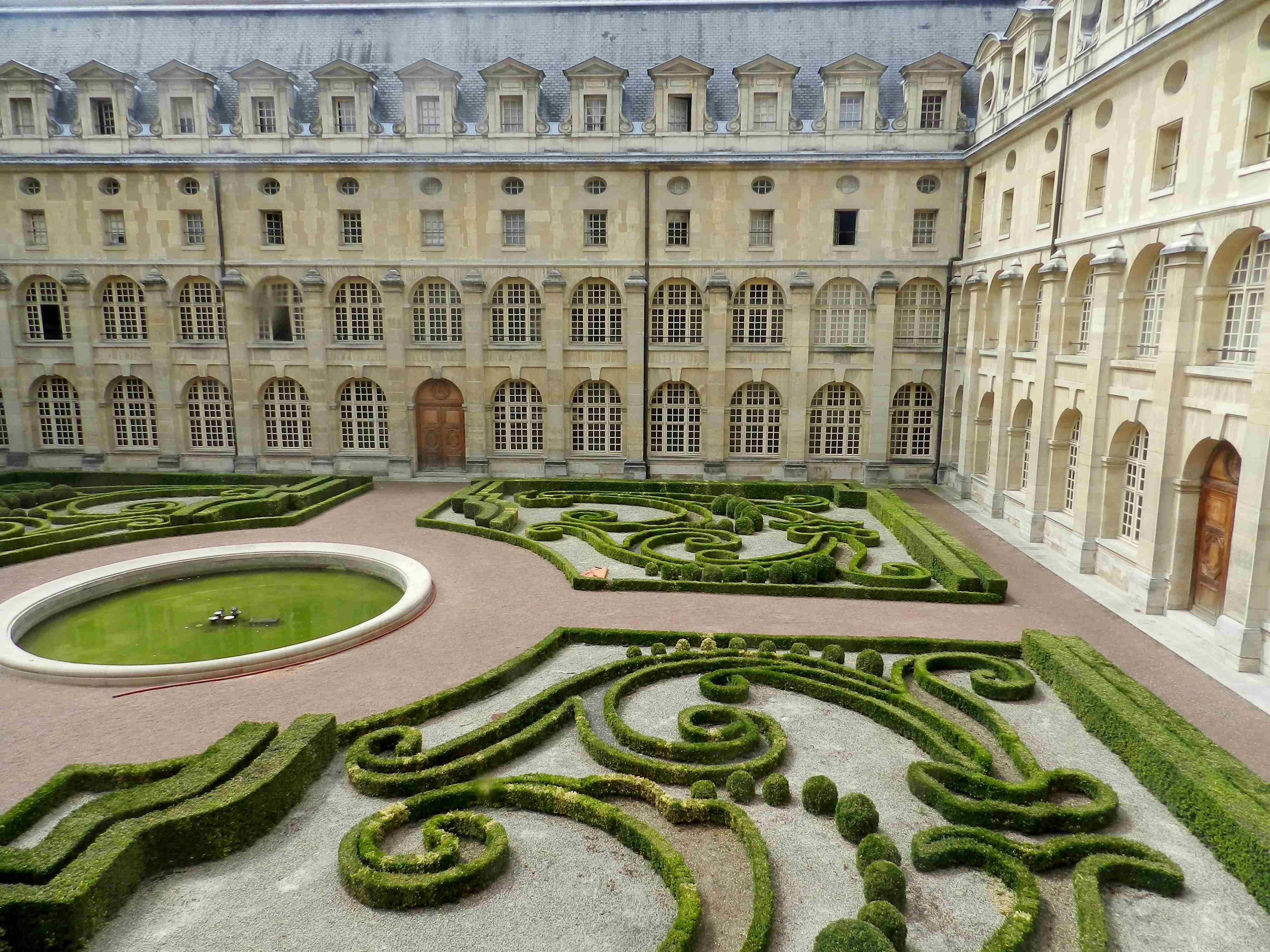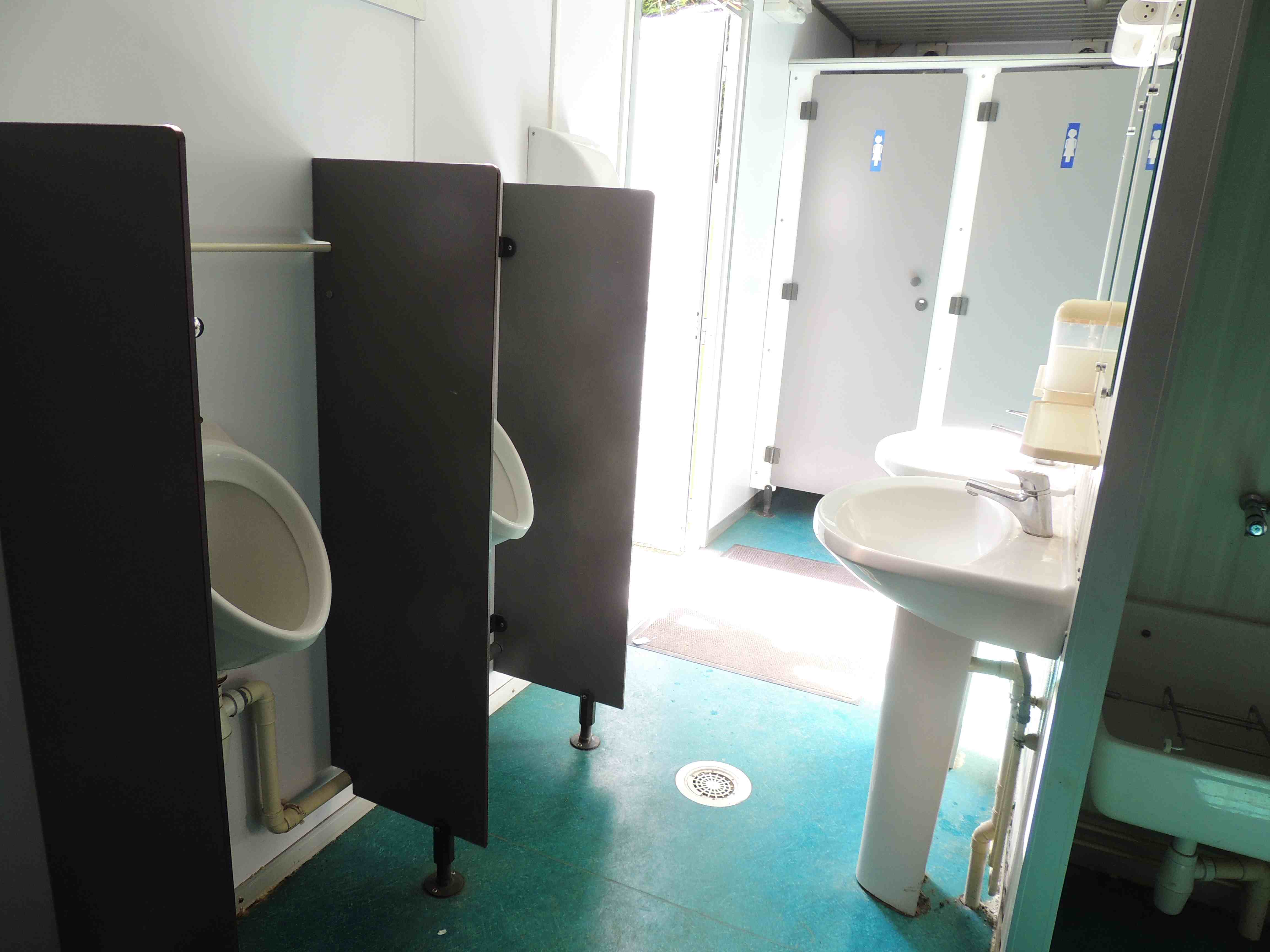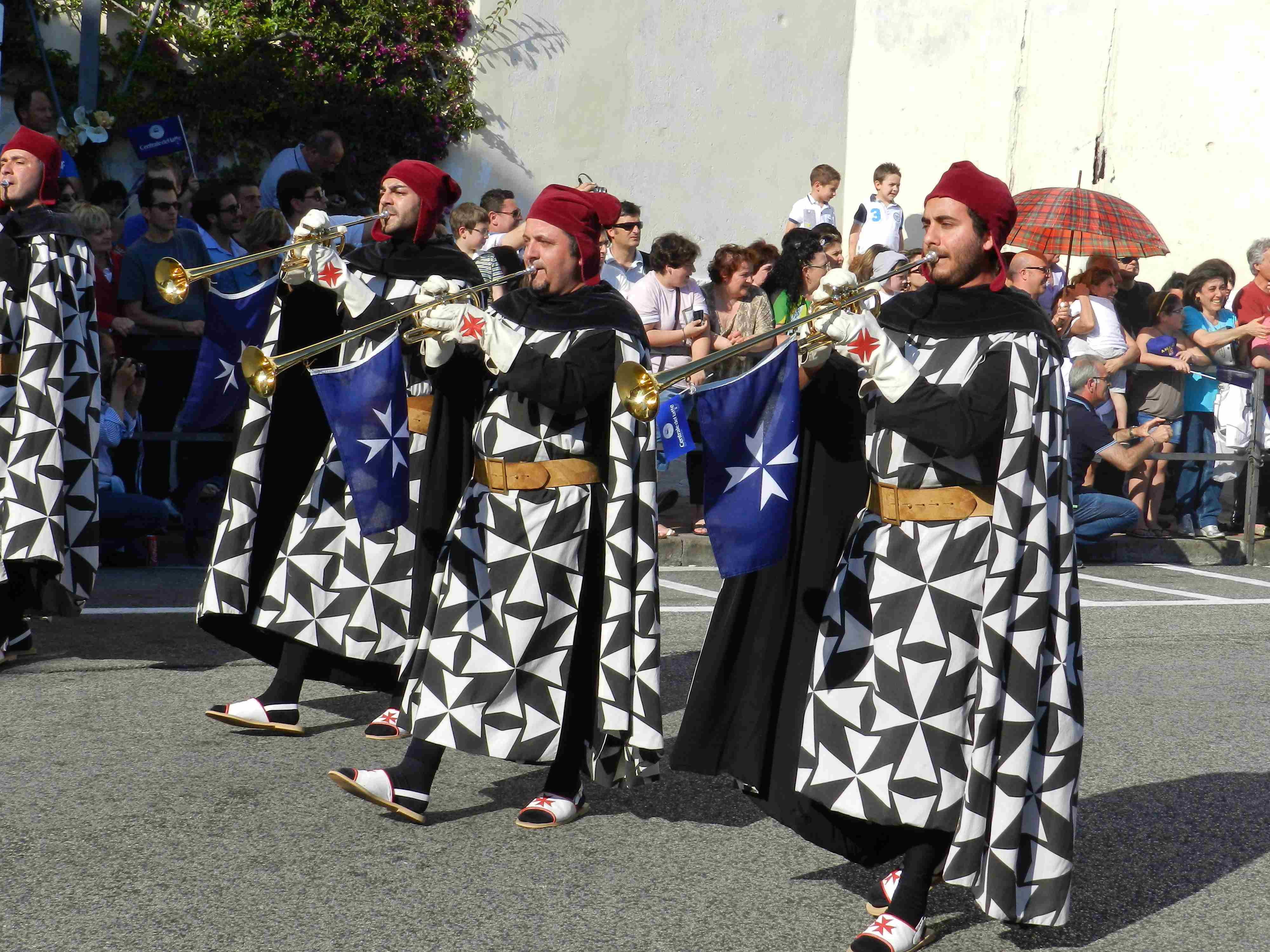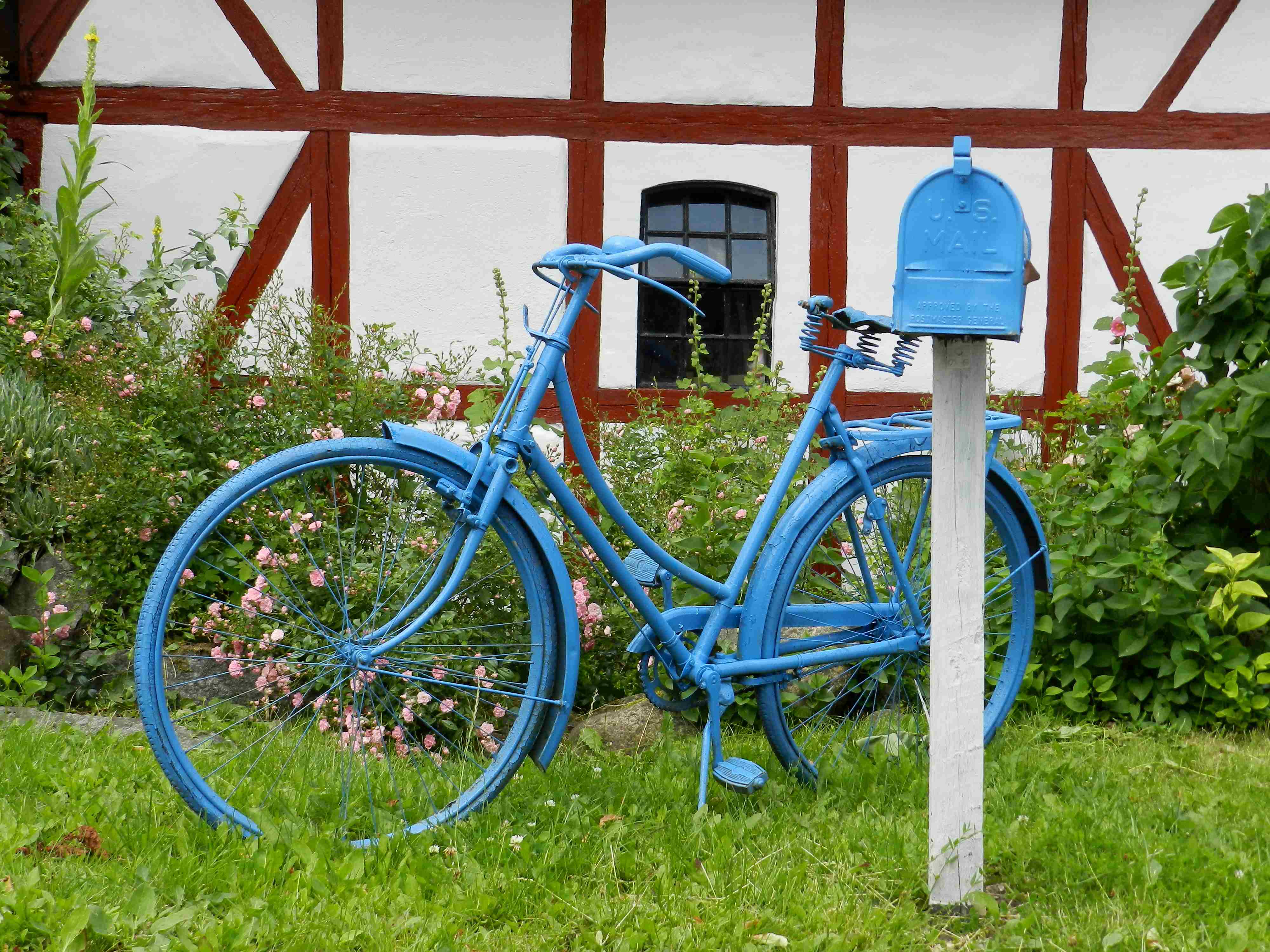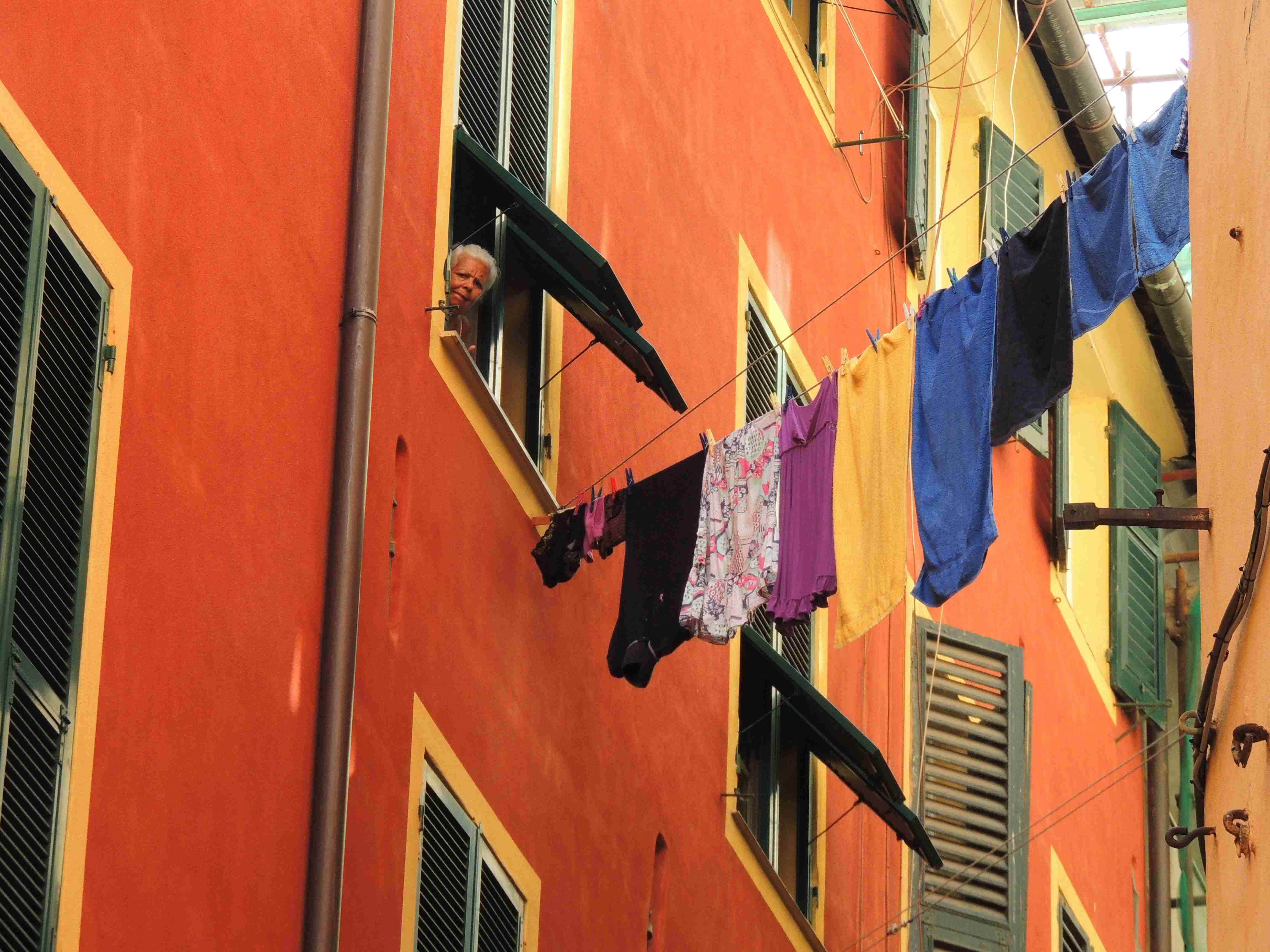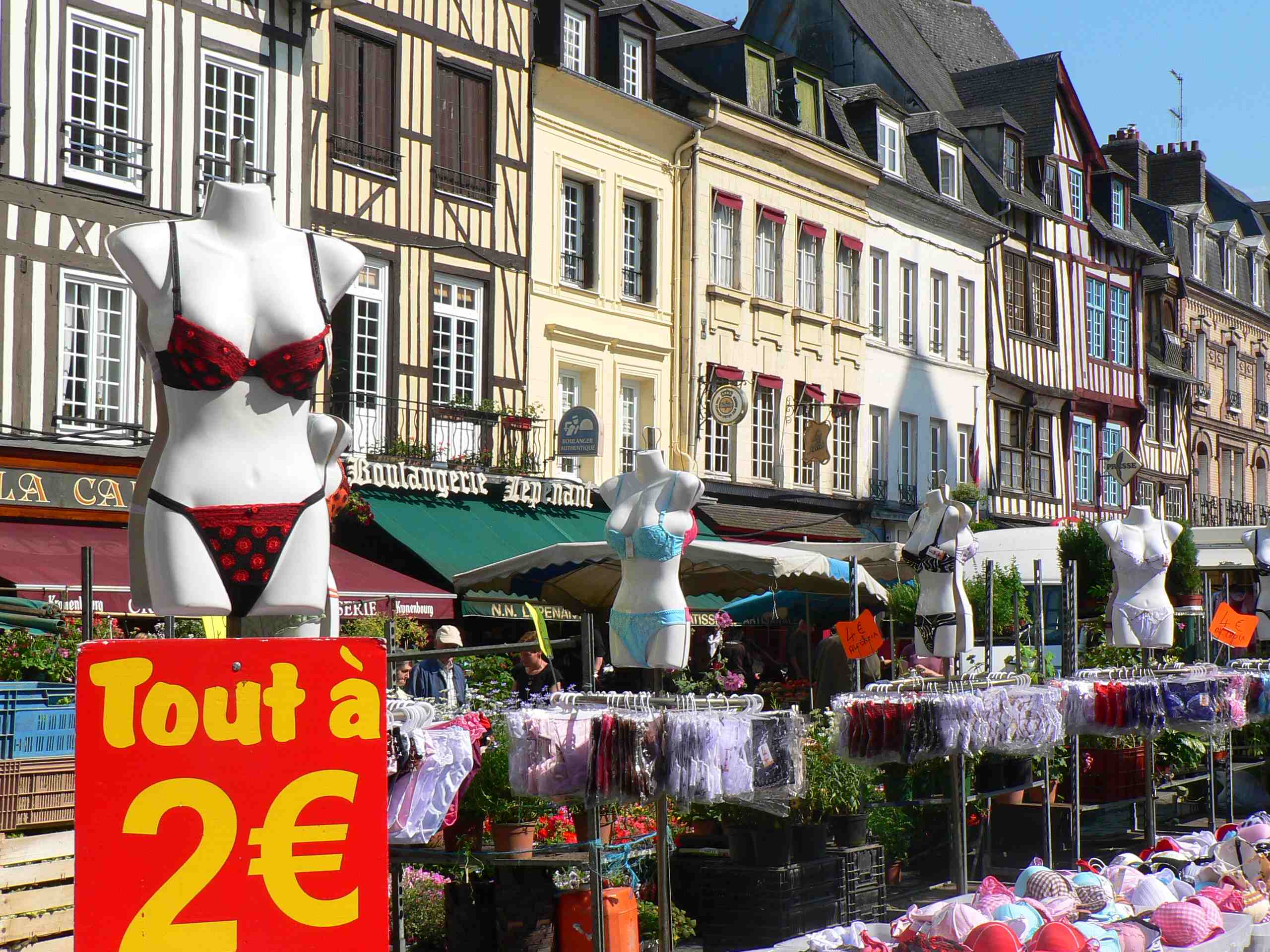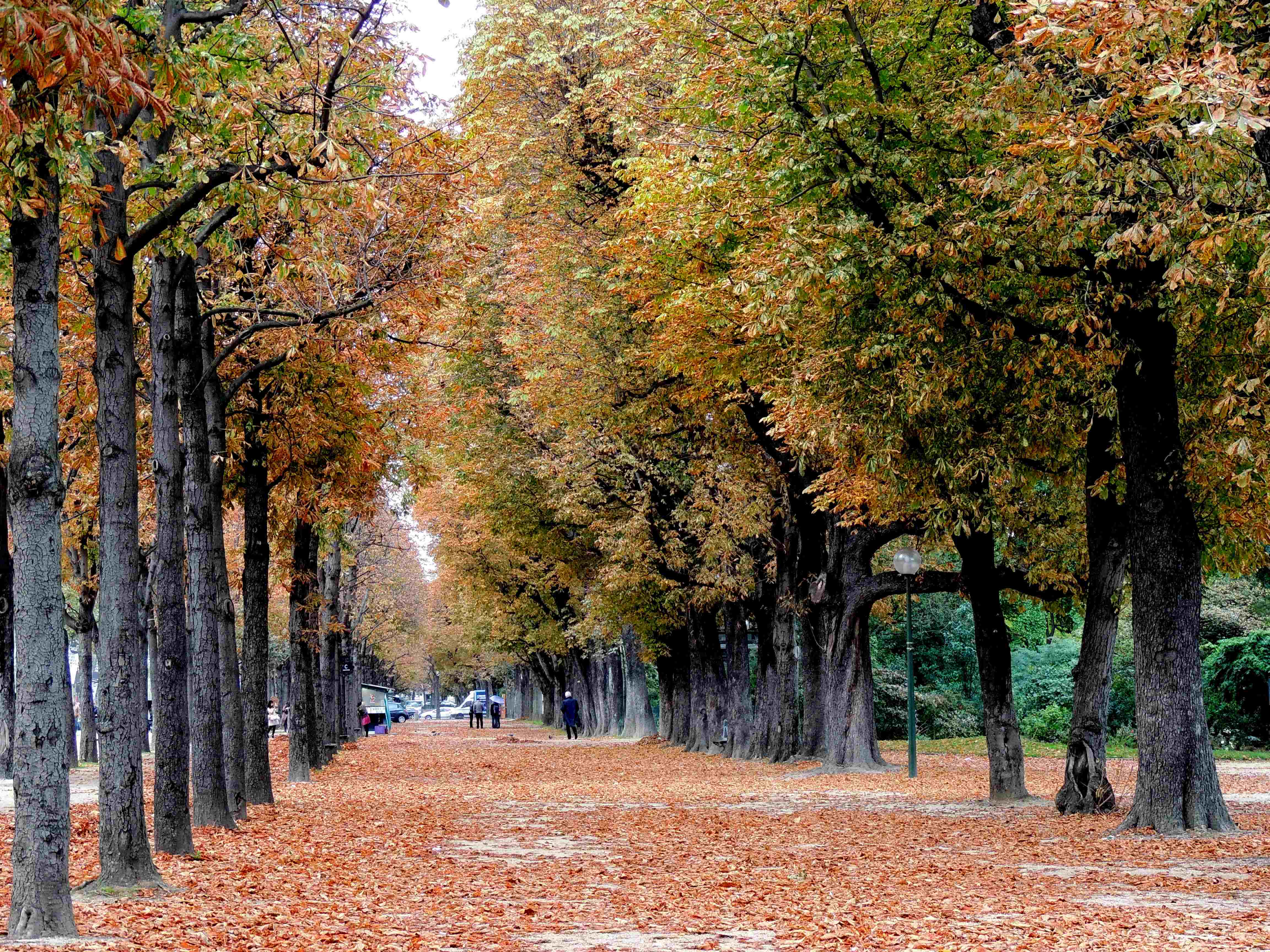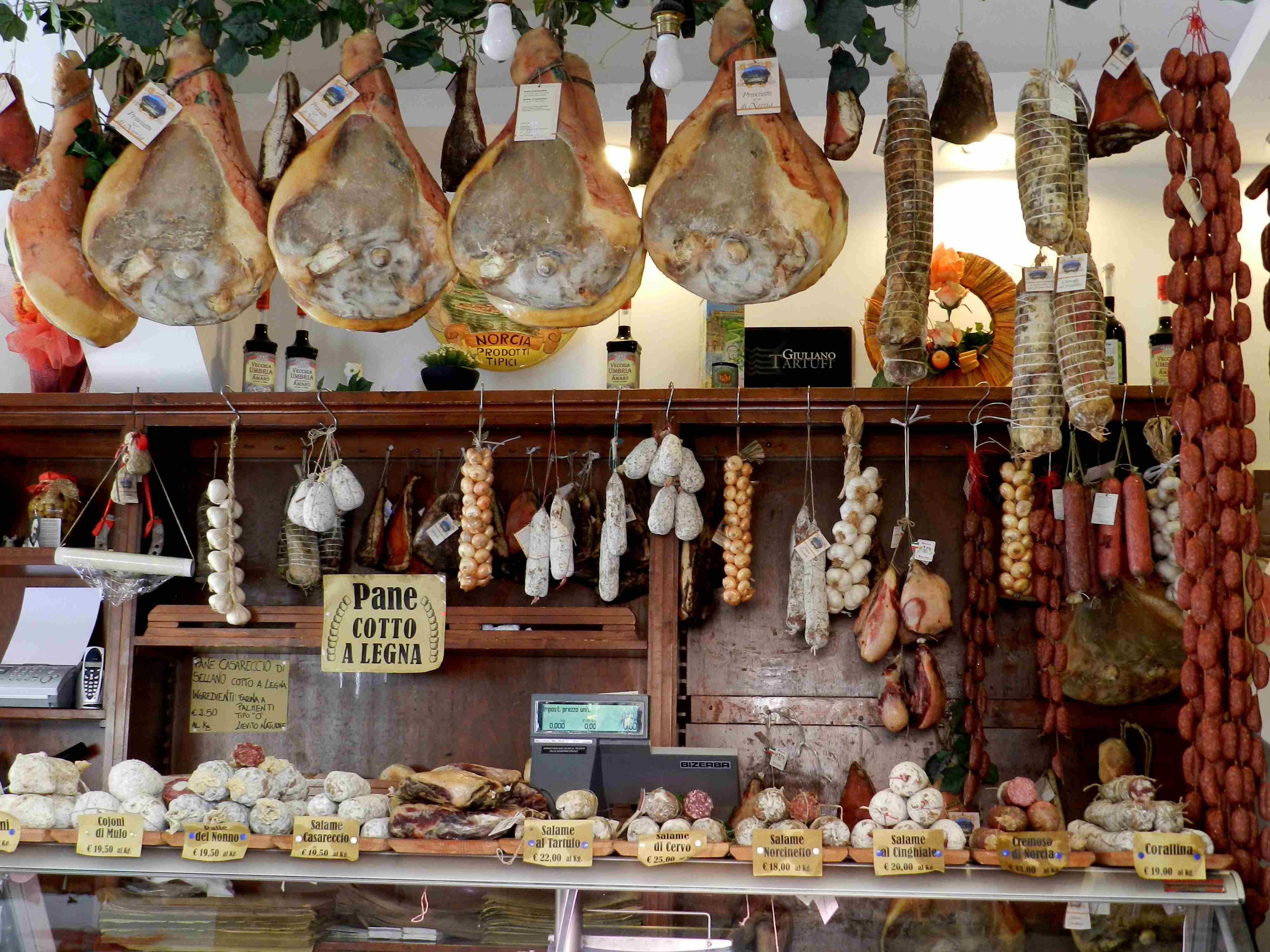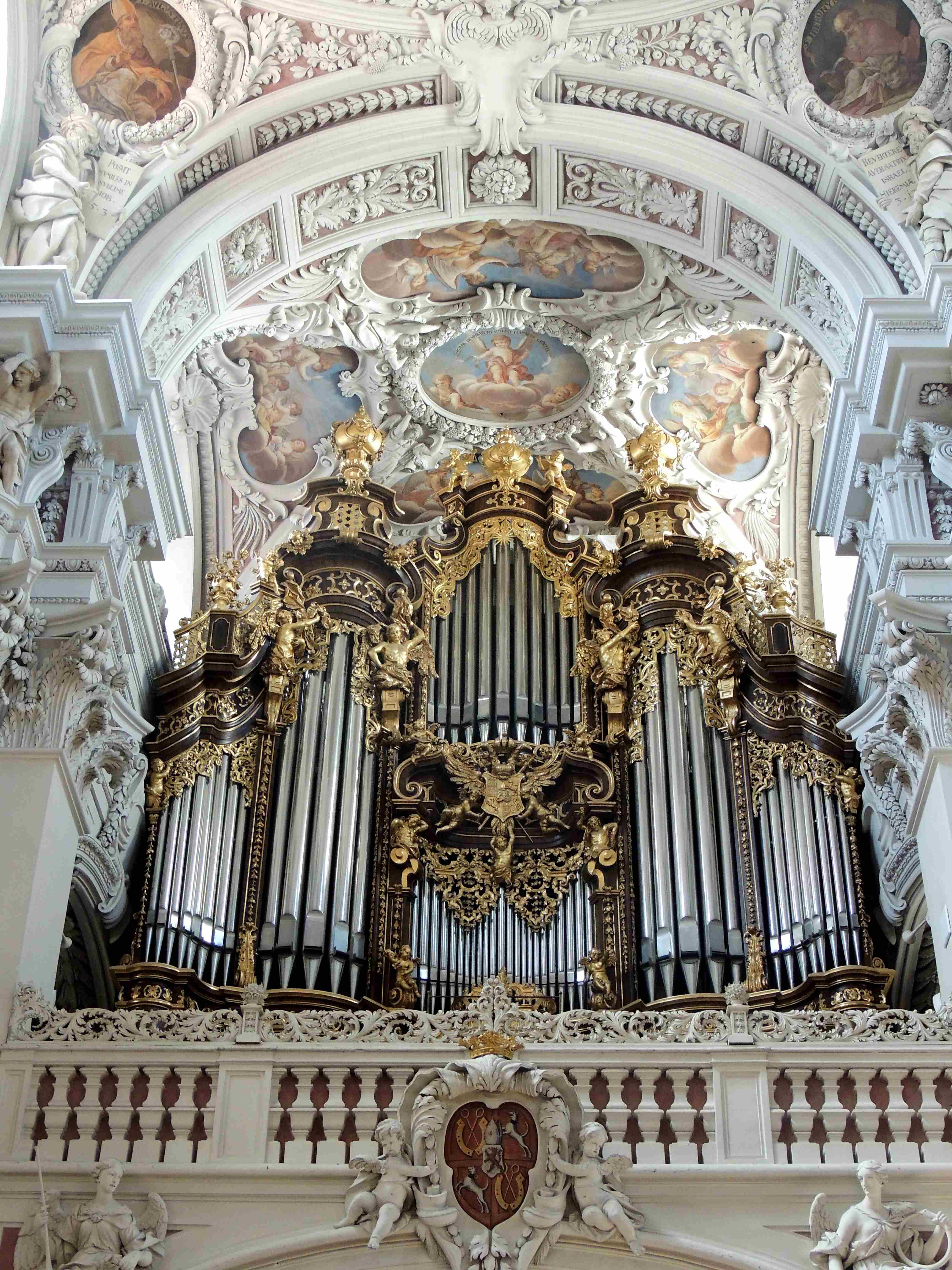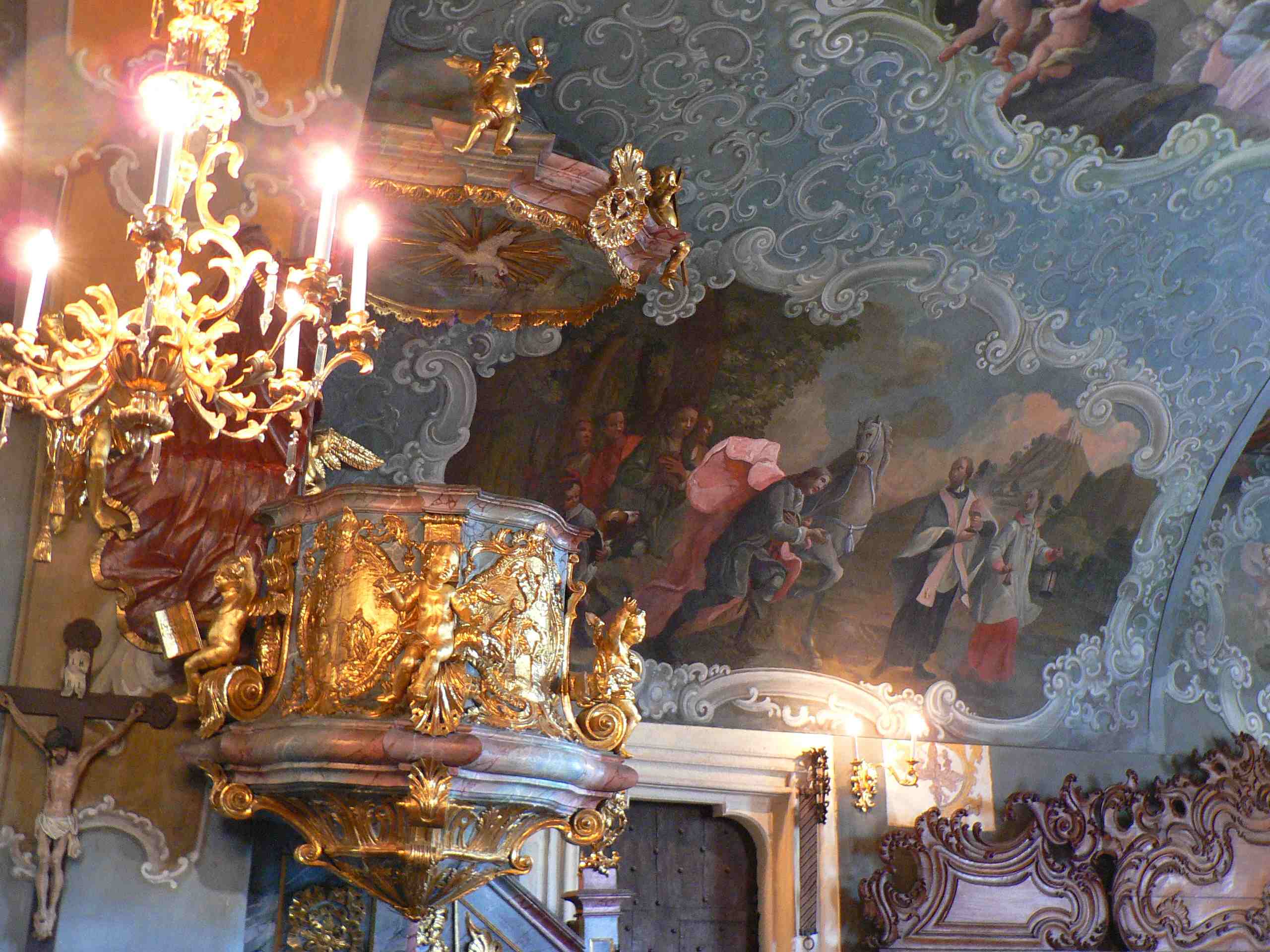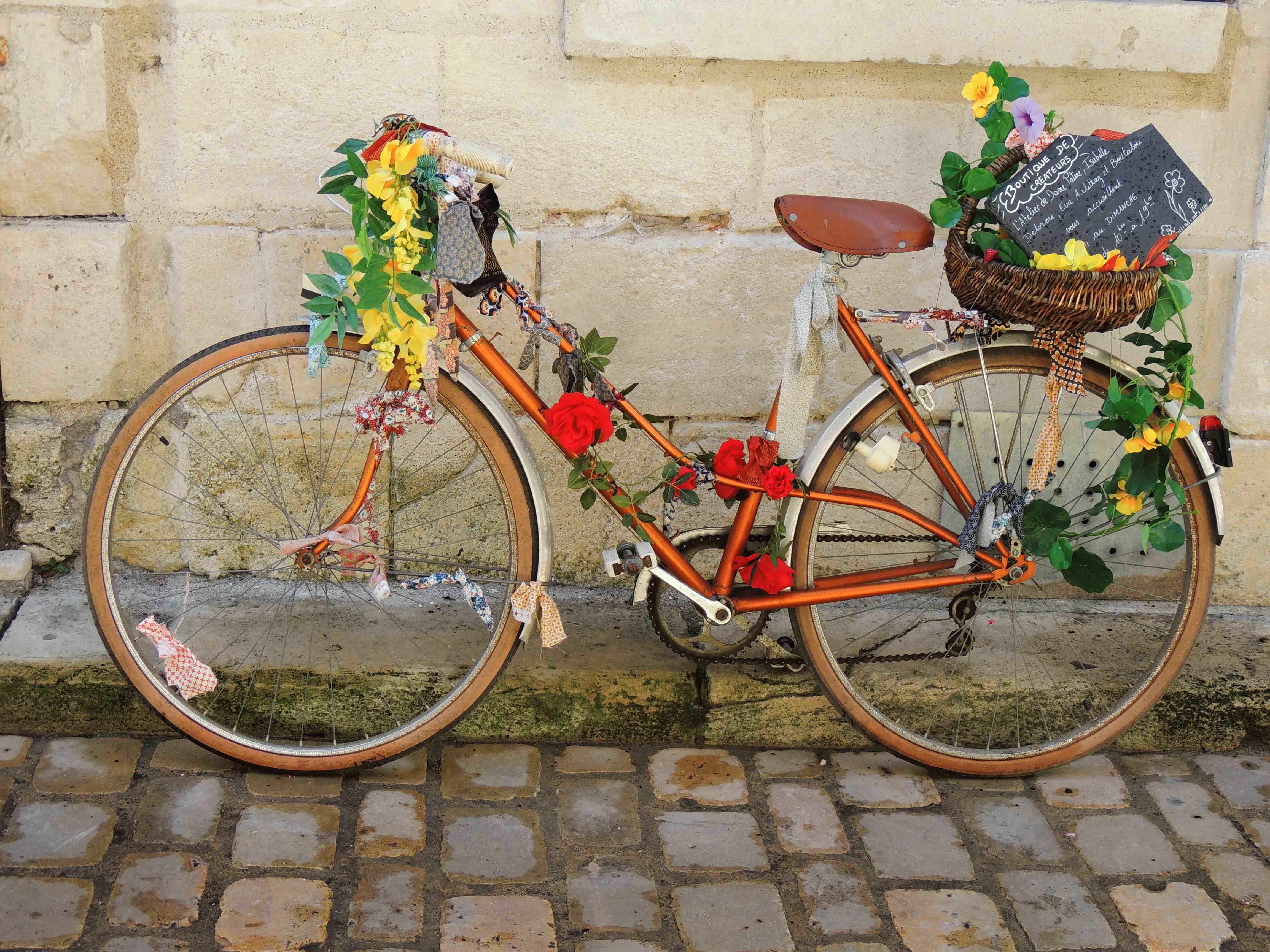We have had the good fortune to be able to visit Europe numerous times over many years. Of course there are marvellous experiences to be had, but there are also frustrations. Here is a compilation of what we see as some of the delights and challenges of travelling in Europe; many experiences fit both criteria.
(The selection is, of course, personal and might not align with others’ experiences. However, they might provide some insight and assistance for travellers to Europe. And, yes, there are heaps of challenges and delights about travelling in Australia.)
Flower displays
One of the absolute delights of travelling in Europe: flowers in their villages, cities or the countryside. The frustration is trying to reproduce anything nearly as good when back in Australia.
Cigarette smoke
Smoking seems to be everywhere in some (most) European countries. You might even smell it within minutes of landing, as you step into your European airport terminal. You will certainly experience it in most outdoor eating areas of restaurants: unfortunately, those with the most to-die-for settings or with sensational views or settings may well be over-run by smokers who puff away oblivious to the discomfort of others. Your hotel room might smell like a saloon bar (when smoking was allowed in saloon bars) while cigarette smoke might inadvertently drift into your space, for example, at the hotel pool or in a queue to a museum.
While a total ban on smoking in outside eating areas is not nation-wide in Australia yet, it is rare to find intrusive cigarette smoke these days. Not enough credit is given to Australian smokers for accepting that their habit is annoying and detrimental to others and for making sure they smoke well away.
Our worst smoking experience? Once we could only reserve seats in the smoking section for a train trip as all the non-smoking seats were taken. When we boarded we were the only ones seated there, with six vacant seats and a sliding glass door to the non-smoking section. How we would enjoy that trip we thought! Within minutes of departure, the sliding door opened and smokers who had booked non-smoking seats soon joined us to take up the other seats or to stand around. There must have been dozens of them, coming and going a number of times, and we spent the entire journey in a cloud of smoke, with the sliding door working overtime.
Cobblestones
Of course they are a visual delight but can also be a challenge for those with weak ankles or not so steady on their feet or in the wrong type of shoes, especially after many hours of walking or after an hour or two of imbibing.
Narrow streets
So cute. But not when they are so narrow you have to pin yourself against the wall to allow the rushing traffic through.
WiFi
Is this now the most indispensable of modern “tools”? The delight is that it is now almost everywhere and adds so much to the travel experience. The frustration is that WiFi is claimed to be an Australian invention, yet Australia probably extracts way too little in financial rewards from this gift to humanity.
Euro coins
The Eurozone still has 1 and 2 cent coins, along with 5, 10, 20 and 50 cents, plus €1 and €2 coins. One doesn’t need a reminder that you need 100 one cent coins to make a €1 coin! It doesn’t take long to accumulate lots of the small ones, but it can take a long time to get rid of them and to distinguish between each. For example, your purchase might cost €0.70 and you agonisingly count through all your small change to find you only have 67 cents, then you hand over a €1 only to collect more small coins! (Australia did away with the 1 and 2 cent coins and there is talk of removing the 5 cent coin as well.) Perversely, sometimes you hand over a €5 note for a €3 purchase but there are no €1 or €2 coins in the till and the salesperson has to raid their or someone else’s purse to make the change. The various coins come in different shades and colours and are not dissimilar in size, making them difficult to count quickly.
Train travel
Travelling by train is one of the joys of seeing Europe, of course. Though it is not without its frustrations when it comes to your luggage. There can be little or no room for suitcases, even on trains serving airports. You can be brave and leave your bags in the holding racks at the end of carriage, but you might spend the whole journey wondering if someone will rifle through them or disembark with them in hand at some intermediate stop. Otherwise you might choose to store them near your seat, though at your peril, ready for the irate local who complains bitterly in their language about your suitcase clogging the aisle.
Stores closing hours
A frustration when you find all/most of the shops (and businesses) are closed in the middle of the day, just when you want to go shopping or stock up on food items. However, the shops reopen later which can be a real plus.
But some shops, mainly in the large cities, are rather fantastic and don’t close at midday.
Motorways and autobahns
The thrill of being able to travel at (relative to Australia) breakneck speed is counterbalanced by the flashing headlights of the impatient driver right behind you who appeared from nowhere and the fear of being mowed down or sideswiped by a gigantic truck.
Corks in wine bottles
While Australian wine makers and wine drinkers have almost fully accepted the positive aspects of screw caps, the Europeans seem to be steadfastly holding onto the “cork” as their preferred stopper, even though their “corks” are often made of artificial materials. It is interesting to watch the waiter or waitress in a European restaurant struggling to extract the cork next to your table and compare it to the one or two seconds for an Australian server to remove a screw cap with a simple twist of the wrist. The widespread use of corks might also explain many of the flavours, faults and colours in wines that would be unacceptable in Australia and rule them out of making any respectable wine list. Pay the right price, though, and seek the right advice and you will drink exquisite wine. The challenge then is to find a wine that is in your price range that is interesting and drinkable; the delight is when you come across a real beauty.
Driving in the country
Well of course there will be fabulous views everywhere.
But the locals have every right to be impatient with tourists who slow them down from getting to work or elsewhere. So be prepared for much horn beeping behind you. A major delight of course are all those cute villages you will pass through. Unless, of course, you are in a hurry when you find there will be far more cute villages than you really need.
Speeding fines
You might not get one, but if you drive through Europe you will spend a lot of time wondering if you will. Why? Because of the multiple, frequent, numerous, unpredictable and unseen speed limit changes: from 100+ kph to 50 kph to 80 kph to 30 kph to 70 kph, and that might be over just a kilometre or two! Try to get a good GPS system that accurately warns you each time the limit changes!
Street advertising
A delight that one doesn’t really notice because small towns and villages are generally free of hideous advertising. Instead, the signage is tasteful and unobtrusive if not striking, one reason why such towns and villages look so gorgeous.
Throw in some flowers and you have something like this:
Coffee
A real challenge is coping with almost undrinkable coffees in the most unexpected of places, Vienna and Tuscany to name two, and often at prices that make your eyes water. Why it is that Australian coffee seems so much better than most overseas destinations? Maybe there are two possible explanations. One is that Australian cafes and restaurants grind their beans each cup while in so many European establishments the beans have been ground that morning or maybe a day or more before. The other is that they seem to prefer to use long-life milk (UHT) which gives milk coffees a distinctly unpleasant metallic taste when heated. There may be other reasons: the coffee species used (in particular, Arabica or Robusta), the roasting methods, … Stick to short black coffees and you might be happy.
Low noise cafes and restaurants
One of the great delights. While it is almost impossible to find a restaurant or cafe in Australia where you can have a decent conversation, unless you go off-peak or to a place that no one wants to visit, it seems to be a different story in much of Europe. Of course, one reason is that the coffee grinders aren’t going off every minute or so, one factor that makes Australian cafes hellishly noisy (albeit with much better coffee). Another seems to be the use of softer construction materials and furnishings and fittings that absorb much of the noise. Another is that establishments seem to have noticeably more space between tables.
The noise of Australian restaurants and similar establishments is blamed on the minimalist décor of glass and concrete, with little to absorb reverberations. Is it also possible that Australians tend to have louder voices?
Cash v credit card
Many European restaurants and other establishments insist on cash. This is not very good news when you only find that out on your arrival. Or later, when you go to pay, you are told that their credit card (or EFTPOS) machine is not working. Well not for you, at least. Fortunately there is generally a convenient ATM just down the street, which the owners will direct you to.
Eating well
If you aren’t a fussy or expectant eater, you will probably be fine. However, if you are looking for a memorable dining experience or great examples of local cuisine, in particular, that are somewhat better than what can be had back home, then it pays to do a lot of research. Of course there are numerous fabulous options at the top end (those with Michelin stars or similar) but who can afford to pay such prices day in, day out during your travels? Much local or regional European cooking often varies little from one restaurant to the next for a given region, with them all seeming to have the same menu. This is fine for a few days, but after a week you might be looking for a dish with coriander, lime and coconut milk! Restaurants in tourist areas predictably are too often under-whelming. To find great examples, use your guides (hard copy or Internet) or seek advice from your concierge or hotel staff and any locals you trust. Often we ask the staff in bookshops, galleries and museums as they seem to have more discerning palates for special places.
Getting to practise your French (German, Italian, …)
One of the challenges and frustrations these days as the younger people who you often encounter in restaurants or behind counters generally speak very good English and they want to practise that on you. Or you may find that others will quickly lapse into faltering English to get the conversation over and done with: they are busy and have a job to do and are not there for you to hone your language skills.
Seeing that artistic wonder up close
Unless you go at super off-peak times you might be lucky not to have dozens enjoying that art work with you. And is it getting harder? One recent experience to try and view a small Raphael painting was eventually abandoned because one spectator insisted on filming the picture up very close while holding the audio describing the painting near her phone!
Castles, chateaux, grand houses and gardens
It is somewhat easier to get unencumbered views of these large scale marvels.
Toilets
Mixed ones, or almost mixed, are a challenge as can be having to pay to go, especially when you have just landed and you don’t have any local currency, let alone small change.
Pomp, ceremony and traditions
Many countries, many more regions, so many different languages, ethnic groups and religions.
And a few other challenges
- Some colder countries have a strip of wood on the floor at each door to act as a draught stopper, but they also serve as great toe stubbers!
- Cyclists are very prevalent in many places and give an enhanced atmosphere of relaxed peace and calm. They are, however, rather silent and can give you a fright when they suddenly appear from behind you as you walk along the footpaths.
- Are there fewer birds and fewer trees in the towns and cities compared to Australia? We often don’t appreciate the marvellous variety of indigenous trees lining Australian streets nor the birds and animals therein.
- Dog pooh is not the problem it used to be, at least not in Paris, as Europeans now strive to clean up after their pets. But tread-ins still happen and you might not notice the smell until you are back in your car and driving off or taking your seat at a luxurious fine-dining restaurant!
- Showers over baths where you have to kneel and spray water everywhere with the hand held nozzle and, in some places, followed by rather threadbare towels to dry off with.
- Europeans are generally more willing to let it all hang out.
- Car hire queues that can take an hour or two to get through (yes, even though you might have just spent 24 hours flying), the excuses why your requested vehicle isn’t available, the suggestion to come back tomorrow and pick it up, and the hard sell to upgrade your insurance cover.
- Hire car operators, hotels and others who take a “deposit” off your credit card, which they say will be released on completion of your journey or stay, yet isn’t released until almost two weeks later, tying up quite a bit of your credit limit.
- Car hire return at airports and train stations can be problematic. Sometimes you can see in the distance where you have to return the car but you can’t work out how to get there. Or you will be going absolutely perfectly to the return spot, just a few more seconds and you will be there but then a panicked turn, a small sign missed or you are in the wrong lane and can’t get across, then off you go to do the rounds of clover leafs and carparks to get back to the point of that critical missed moment. And all this time your maps and GPS are of no value whatsoever and your departure time edges closer.
- Again, if you have a car, how to work the petrol bowser!
And a few other delights (from many dozens of possibilities)
- Avenues and parks.
- The welcome from shopkeepers as you enter the store and the welcome from guests as they enter the hotel breakfast room!
- Cake shops, bread shops, butchers, delicatessens and greengrocers even in small towns (though, becoming less so).
- Baguettes and other breads, rillettes and terrines, salamis, cheeses and hams.
- Cafe life – if you can avoid the smokers.
- Supermarkets with an extraordinary range of stuff, which might not be very good for the small artisanal trader but which is terrific for the traveller.
- Tomatoes, beans, mushrooms and various other vegetables and fruits that often, but not always, achieve a quality unobtainable back home.
- Markets, of all sorts. In villages (still), small and large towns, and in the big cities.
- Stained glass windows which are glorious to witness, even for the non-religious.
- And giant musical instruments
- And fascinating ceilings
- Not having to tip or even having to think about it, with a service charge often accounted for in the bill and pricing.
- The unexpected, like this:
Not an exhaustive list and maybe not objective enough, however, possibly it gives some food for thought. We are happy to hear your thoughts.


